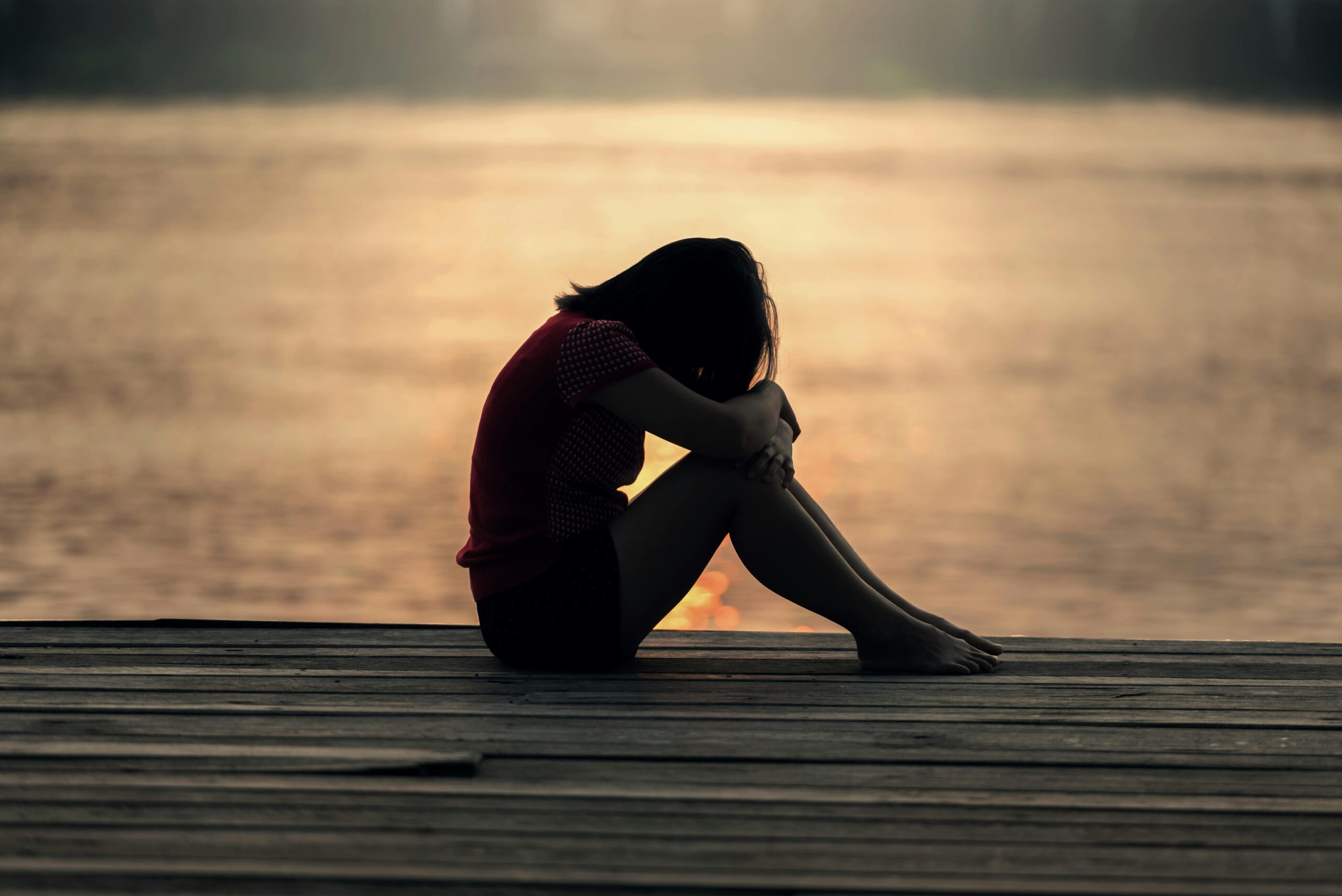If Saying “No” Feels Wrong, You’re Not Alone
Have you ever said “yes” when every part of you wanted to say “no”?
Maybe you agreed to help when you were already exhausted, or stayed silent to avoid conflict.
If that sounds familiar, you’re far from alone — especially if you grew up in a family or culture that valued harmony, respect, and self-sacrifice over personal needs.
Many of my clients — especially those from Caribbean, South Asian, and immigrant families — were raised to be helpful, kind, and accommodating. Saying “no” wasn’t encouraged; it was often seen as disrespectful or selfish.
So, as adults, we carry that conditioning — and find ourselves saying “yes” out of guilt, fear, or habit, even when our body whispers no.
Why Saying “No” Feels So Hard
There are many reasons we struggle with boundaries — some cultural, some emotional, and some rooted in survival patterns.
- Fear of Rejection or Conflict
If you grew up in a home where saying “no” led to punishment, guilt-tripping, or silent treatment, setting boundaries can feel unsafe.
Your nervous system may associate “no” with disconnection or loss of love.
- Guilt
When you’ve been taught to be the caregiver, the helper, or “the good one,” guilt often shows up the moment you try to rest or prioritize yourself.
You might hear an inner voice saying, “You’re letting people down.”
- People-Pleasing and Cultural Expectations
In many cultures, saying yes is a sign of respect — especially to elders, parents, or authority figures.
This can make it incredibly hard to separate kindness from self-abandonment.
You may have learned that peace was more important than authenticity — even if that peace came at your own expense.
- Low Self-Worth
If you’ve spent years proving your value through doing, it can feel wrong to say no.
But your worth was never meant to be earned — it’s something you’ve always had.
- Fawning: A Nervous-System Survival Response
Sometimes people-pleasing isn’t a choice — it’s your body’s way of staying safe.
The “fawn” response is when we appease others to prevent rejection, anger, or conflict.
It’s common among trauma survivors and those who grew up with emotional unpredictability.
Why Learning to Say “No” Matters
Every time you say “yes” when you mean “no,” you send your body the message that your needs don’t matter.
Over time, this creates emotional exhaustion, resentment, anxiety, and burnout — especially for those who carry family or cultural expectations to be strong, reliable, and selfless.
Saying “no” isn’t selfish — it’s a form of self-respect.
It allows you to show up for others from a place of choice instead of obligation.
When you protect your energy, you’re also protecting your peace, your relationships, and your well-being.
Gentle Ways to Start Saying “No”
Saying no is a skill — and like all new skills, it takes practice and compassion.
Here are a few ways to begin:
- Buy Time
If saying no feels too hard in the moment, give yourself breathing room. Try:
“Let me check my schedule and get back to you.”
“I’ll think about it and let you know tomorrow.”
This helps you respond intentionally instead of automatically saying yes.
- Use Clear but Kind Language
You don’t owe anyone a lengthy explanation. Try:
“Thank you for thinking of me, but I can’t commit right now.”
“That’s not something I’m able to do.”
“I wish I could help, but I need to focus on other priorities.”
Clarity is kindness — for you and the other person.
- Remember Your “Why”
When guilt appears, remind yourself what you’re saying yes to by saying no: rest, peace, time with loved ones, your mental health.
Protecting your energy allows you to give from fullness, not depletion.
- Practice with Safe People
Start small — maybe with a friend, partner, or therapist.
Each time you practice, your nervous system learns that boundaries can coexist with safety and connection.
- Be Kind to Yourself
It’s okay if saying no feels uncomfortable at first.
That discomfort isn’t proof you’re doing something wrong — it’s evidence you’re breaking a generational pattern.
Final Thoughts
If you’ve spent years putting others first, learning to say no can feel foreign — even rebellious.
But boundaries aren’t walls; they’re bridges to more honest, balanced relationships.
When you say no to what drains you, you create space for what nourishes you — rest, joy, and authenticity.
You are allowed to take up space.
You are allowed to protect your peace.
And you are allowed to choose you.
A Safe Space to Begin
If this resonates and you’re ready to explore boundary-setting and emotional safety more deeply, therapy can help you reconnect with your inner voice — the one that’s been quiet for too long.
Book a Free 15-Minute Consultation →
Let’s work together to help you find your “no” — and your peace.

